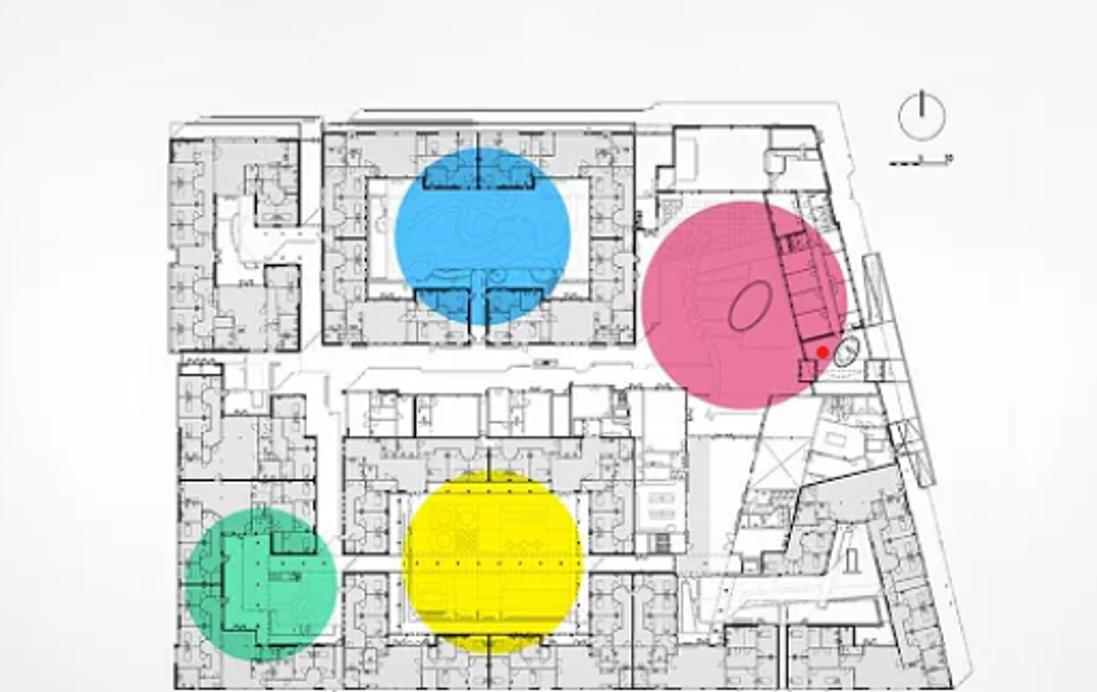#AI, #Innovation, #Sustainability, #Technology
– Unlocking the Potential of AI in the Built Environment: Navigating a Green Transition.
Stakeholders in the built environment are currently exploring the transformative power of Artificial Intelligence (AI) and its role in advancing the green transition. The conversation extends beyond the specific applications of AI, encompassing broader considerations such as education, upskilling, governance, and sustainability.
– AI in Design, Optimization, and Maintenance
AI is reshaping the built environment through applications like AI-driven design, process optimization, and maintenance. These advancements promise increased efficiency, reduced resource consumption, and improved sustainability.
– Broader Implications: Education and Governance
The discourse expands to crucial aspects of education and upskilling to ensure a skilled workforce ready to embrace AI-driven innovations. Simultaneously, governance and regulation play a pivotal role in incentivizing a green transition, addressing ethical concerns and ensuring responsible AI practices.
– Holistic Approach for a Sustainable Future
It’s clear that a holistic approach is necessary for effectively harnessing AI benefits in the green transition within the built environment. Transparency, education, ethics, collaboration, strategic planning, and sustainability must converge to create a framework that propels the industry toward a more sustainable and technologically advanced future.
👉 We invite you to read the full report below and learn about how AI is shaping the future of the built environment and sustainability: https://bit.ly/3zyIEVw

Dementia villages prioritize normalcy, offering residents autonomy and freedom in a community-like setting.
Accessibility Tools